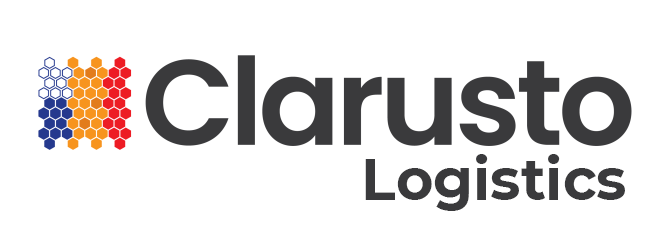
In the realm of international trade, the concept of certain transactions plays a crucial role in regulatory compliance and strategic planning for businesses. Export control regulations and the export process are central to understanding how specific transactions are treated under export control laws. This blog aims to delve into these concepts, exploring their implications and benefits, especially for businesses navigating the complexities of global trade.
What Are Deemed Exports?
Deemed exports refer to the situation where goods, technology or information are not physically exported from one country to another but are still considered to be exported under specific regulations. This typically involves the transfer of sensitive technology or information to a foreign national within the same country. The intention behind such regulations is to control the flow of sensitive technologies and ensure they do not inadvertently fall into the wrong hands.
Deemed Exports Regulations
The export control regulations are designed to control the transfer of sensitive technologies and information, even if they are not physically shipped across borders. These regulations are particularly pertinent in industries such as defense, aerospace, and advanced manufacturing, where the nature of the technology or information could have significant implications for national security
In the United States, for example, the Bureau of Industry and Security (BIS) oversees export control regulations. Under these regulations, any disclosure of controlled technology to a foreign national within the U.S. is considered an export and must comply with export control laws. This means that companies must obtain the necessary licenses and approvals before sharing such information or technology.
The Deemed Exports Process
Navigating the Deemed Exports Process involves several key steps:
- Identification of Controlled Technology: The first step is to identify whether the technology or information falls under export control regulations. This involves understanding the classification of the technology and whether it requires a license for transfer to foreign nationals.
- Licensing Requirements: If the technology is classified as controlled, businesses must apply for an export license. This involves providing detailed information about the technology, the intended recipient, and the purpose of the transfer.
- Compliance and Documentation: Once a license is obtained, businesses must ensure strict compliance with all regulatory requirements. This includes maintaining detailed records of the transfer and ensuring that the foreign national complies with any restrictions imposed by the license.
- Ongoing Monitoring and Audits: Companies must implement internal controls to monitor compliance with export control regulations and conduct regular audits to ensure adherence to the licensing conditions.
4o mini
Benefits of Deemed Exports for Businesses
Understanding and effectively managing deemed exports can provide several benefits for businesses:
- Enhanced Compliance: By adhering to Deemed Exports Regulations, businesses can avoid potential legal issues and penalties. This proactive approach ensures that companies operate within the bounds of international trade laws and regulations.
- Improved Security: Deemed Exports Regulations help protect sensitive technologies and information from unauthorized access. This is particularly important for businesses involved in defense and high-tech industries, where security breaches could have severe consequences.
- Global Market Access: Proper management of the Deemed Exports Process allows businesses to expand their operations and collaborate with foreign nationals while maintaining compliance. This facilitates global partnerships and market access without compromising on regulatory requirements.
- Competitive Advantage: Companies that effectively navigate deemed exports can gain a competitive edge by ensuring that their technology and information are protected. This can enhance their reputation and build trust with international partners.
Key Considerations for Businesses
- Training and Awareness: It is crucial for businesses to train their employees on Deemed Exports Regulations and the Deemed Exports Process. Awareness and understanding of these regulations can help prevent inadvertent violations and ensure smooth operations.
- Legal and Regulatory Guidance: Engaging with legal experts who specialize in export control laws can provide valuable insights and assistance in navigating complex deemed exports regulations. This ensures that businesses remain compliant and avoid potential pitfalls.
- Technology Assessment: Regular assessments of technology and information within the organization can help identify any changes in classification and ensure that appropriate measures are taken to comply with export control regulations.
Conclusion
Exports represent a critical aspect of international trade regulations, particularly for businesses dealing with sensitive technologies and information. By understanding export control regulations and following the export process, companies can ensure compliance, enhance security, and leverage global opportunities effectively. As businesses continue to operate in an increasingly globalized environment, a thorough grasp of these concepts will be essential for maintaining regulatory compliance and achieving strategic success.
Understanding and implementing these regulations not only safeguards sensitive information but also contributes to a more secure and compliant global trade environment.

